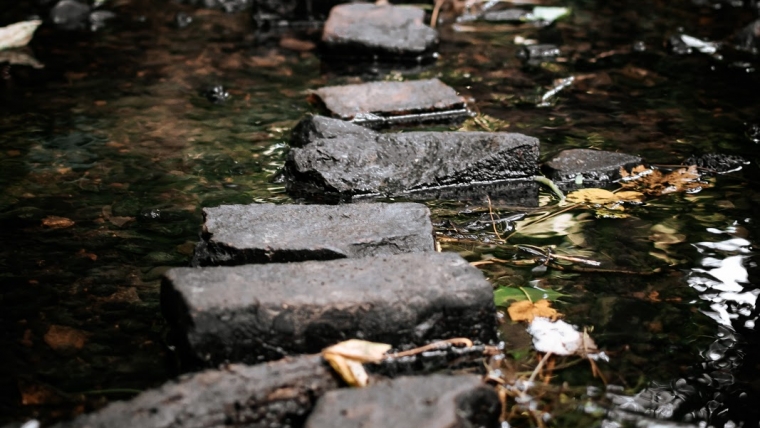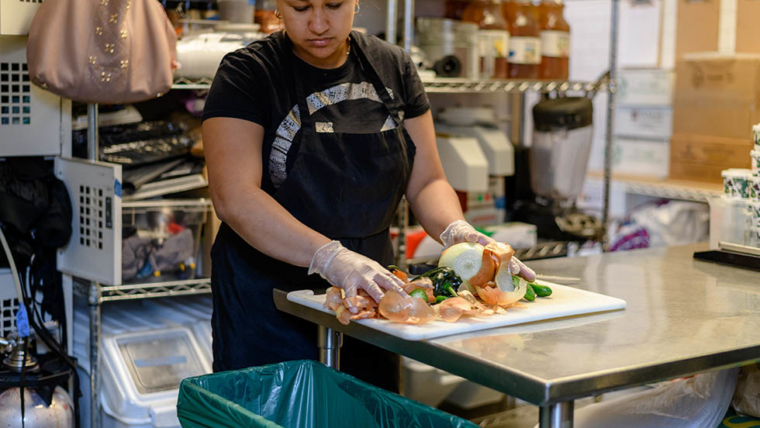Edited by: Sara Mack, Marketing Manager Daniela is a freelancer focused on food systems, food waste reduction, and compost as key solutions for Earth Stewardship, Environmental Justice, and Climate Action. She is a devoted mother & wife, and a sister to all of creation. We also owe our thanks to Daniela for helping us to create this webpage for our…









